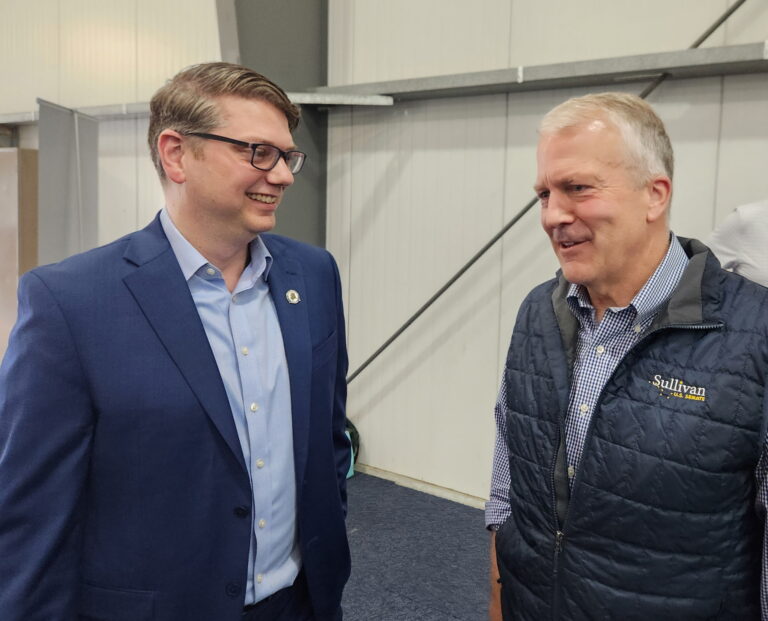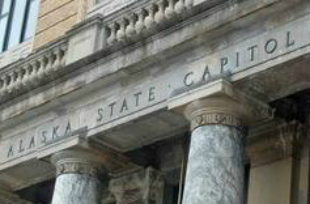By DAVID BOYLE
The Anchorage School Board is heading into the new school year with a sudden windfall — an extra $10 million — after lawmakers in Juneau overrode the governor’s partial veto of a boost to Alaska’s Base Student Allocation. The move restores the full $700 per-student funding increase, up from the $560 the district had cautiously built into its budget.
With classes starting in just over a week, the board moved quickly Tuesday to channel part of the unexpected funds into classrooms, approving $3.7 million for 20 new teaching positions.
Additional allocations include $230,000 for elementary school support, $60,000 for middle schools, and $160,000 for high schools, with decisions on the remaining millions expected at the next meeting.
The rest of the windfall will likely be addressed at the next board meeting, but Superintendent Jharrett Bryantt used Tuesday’s session to pivot to a more sobering topic: the district’s lawsuit against the federal government over millions in withheld funds.
The shortfall, he said, has already forced painful conversations with staff.
“We had to notify dozens of employees that they might not have a job in a few weeks,” Bryantt told the board. “We literally had to contact people to let them know they would be laid off in 90 days — while they’re on cruise ships in the middle of summer. How devastating is that to the morale of our employees?”
Don’t you wonder how Superintendent Bryantt feels about low-income parents when their PFDs are used to fund K-12 education? How about those single parents that need their PFDs to pay their utility bills, pay for school supplies, and rent? There is no such opportunity for them to cruise. Now that is “devastation” to morale.
Now the district has kicked the can down the road and has a huge budget hole for next school year. The district estimates that it will have at least a $65 to $75 million deficit for next fiscal year. Some of this will be due to labor contracts that are coming due for renewal.
Low-income parents, and all parents, can expect an even lower PFD because the ASD employees need to cruise to maintain their morale.
Get ready for the old “Raise the BSA” round 2 next legislative session. At least the education cartel will be able to recycle its signs.
And get ready for an even lower PFD.
David Boyle is the education writer for Must Read Alaska.







